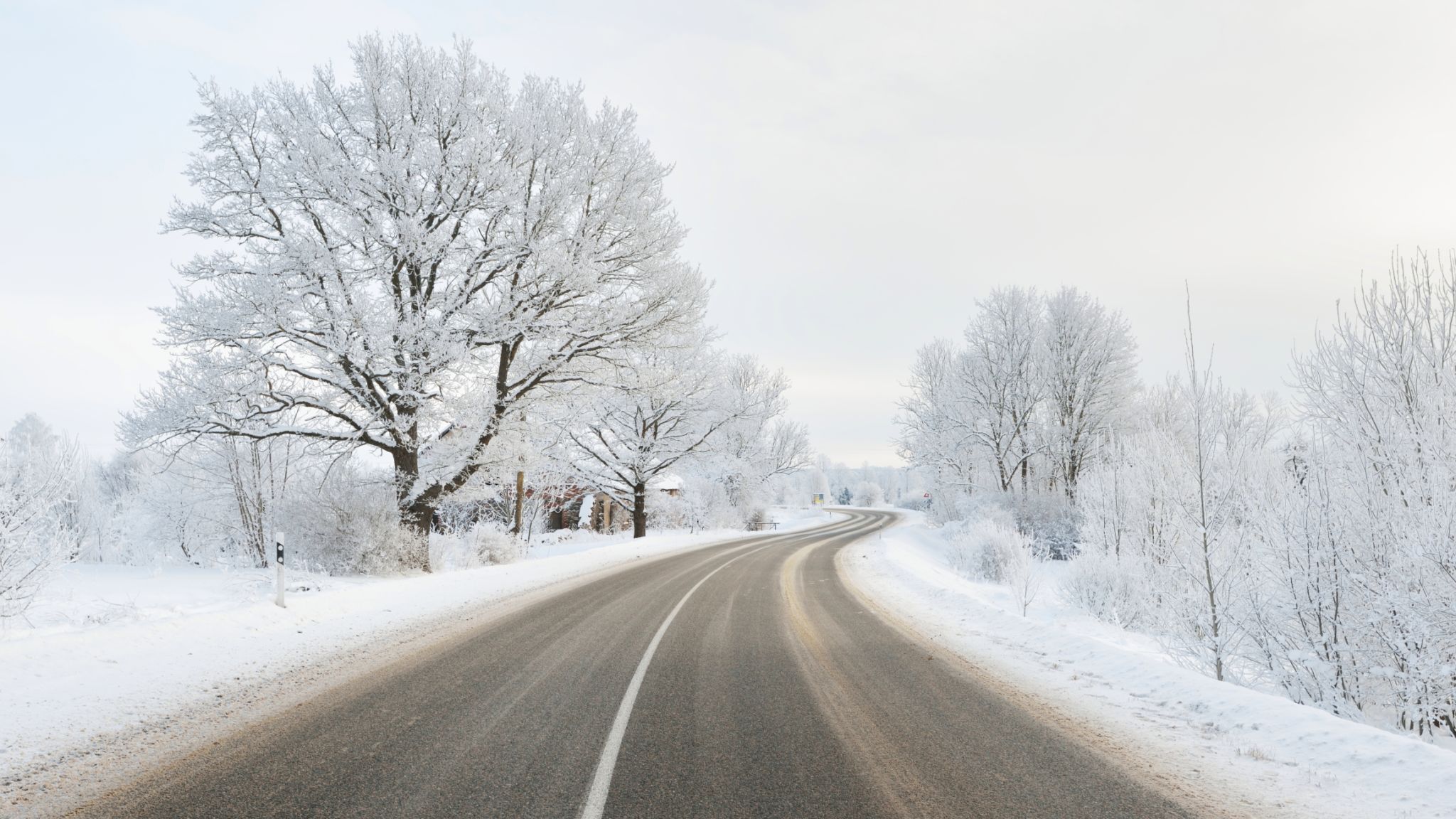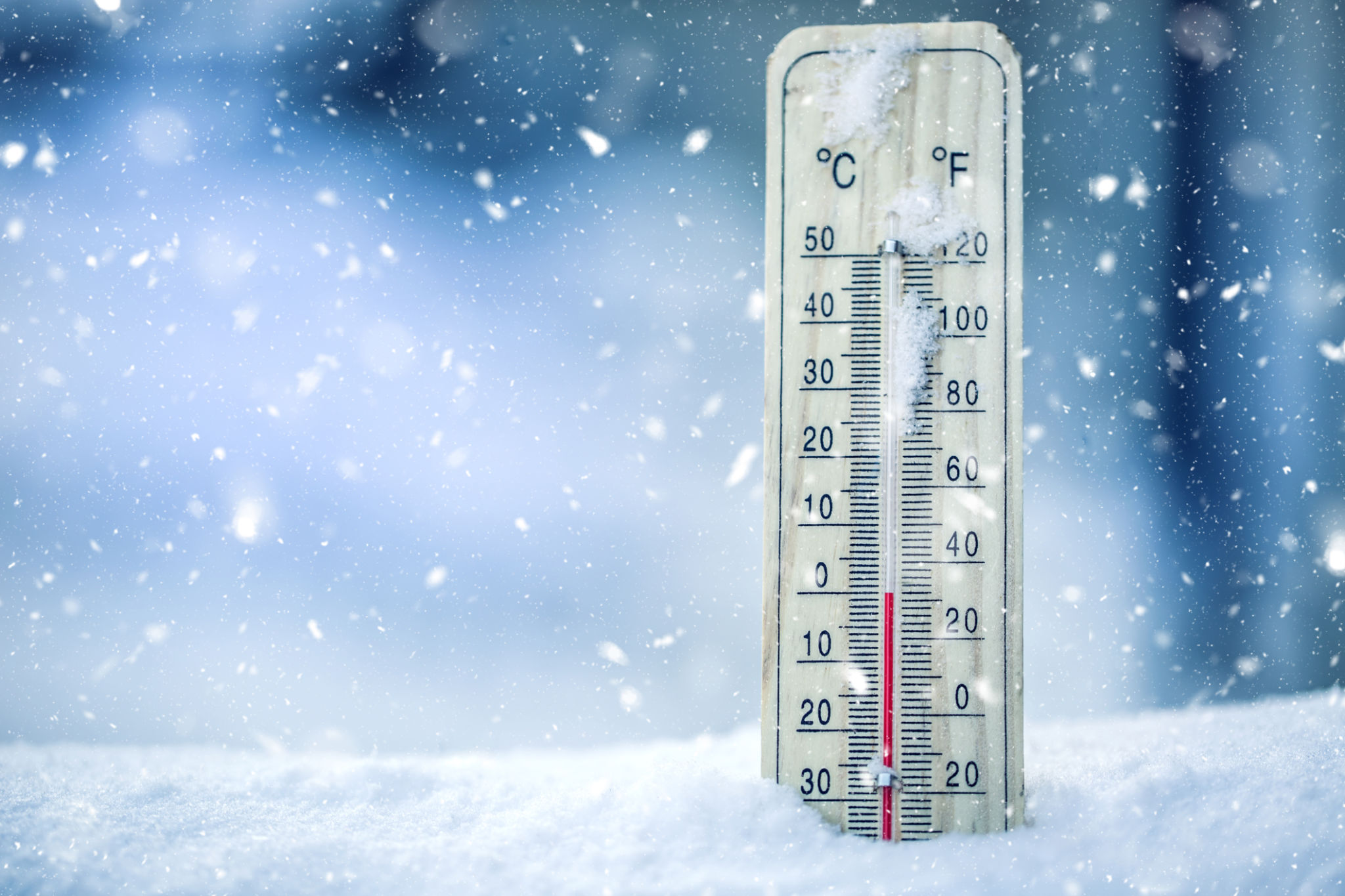How to Prepare Your Vehicle for Towing in Nebraska Winters
Understanding the Challenges of Nebraska Winters
Nebraska winters can be particularly harsh, with heavy snowfall, icy roads, and freezing temperatures. These conditions can pose significant challenges for towing vehicles. Whether you're a seasoned driver or new to the experience, it's crucial to prepare your vehicle adequately for towing during these months. Proper preparation can ensure safety and prevent unnecessary breakdowns.

Inspecting Your Vehicle
Before hitting the road, conduct a thorough inspection of your vehicle. Start with the tires, as they are your primary contact with the road. Ensure they have adequate tread and are properly inflated. Winter tires are recommended for better grip on icy surfaces. Check the brakes to ensure they are fully functional, as stopping distances can vary significantly on slippery roads.
Additionally, examine your vehicle’s lights and signals. Visibility is often reduced in winter due to shorter daylight hours and overcast skies, making functional lights crucial for safety. Ensure all bulbs are working and consider installing fog lights if you frequently drive in low-visibility conditions.

Preparing Your Towing Equipment
Once your vehicle is ready, turn your attention to the towing equipment. Inspect the hitch and make sure it’s securely attached to your vehicle. Check for any signs of wear and tear on the tow bar and replace it if necessary. Ensure that all connections are tight and secure to prevent any mishaps during transit.
Additionally, inspect the trailer’s tires, brakes, and lights as well. Just like your vehicle, the trailer must be in top condition to ensure safe towing. Don’t forget to check that the trailer’s load is equally distributed and securely fastened.

Packing an Emergency Kit
In winter, being prepared for emergencies is essential. Pack an emergency kit that includes essentials such as a first aid kit, blankets, extra clothing, non-perishable food, water, and a flashlight with extra batteries. Additionally, include tools like a shovel, ice scraper, and jumper cables.
Having a set of chains is also advisable, as they can provide extra traction in particularly icy conditions. Keep a bag of sand or kitty litter in your kit; these can help provide traction if you get stuck.

Planning Your Route
Before setting out, plan your route carefully. Avoid roads known for heavy snow accumulation or frequent ice patches. Utilize GPS systems or apps that provide real-time updates on road conditions and closures. These tools can help you avoid dangerous areas and reroute if necessary.
It's also wise to inform someone of your travel plans, including your expected arrival time and route. This precaution ensures that someone is aware of your journey in case you encounter any issues.
Staying Informed About Weather Conditions
The weather in Nebraska can change rapidly during winter months. Stay informed about current and upcoming weather conditions by checking reliable sources such as weather apps or local news stations regularly. Being aware of impending storms allows you to make informed decisions about whether to postpone your trip or adjust your route.

Driving Tips for Towing in Winter
When towing in winter, adjusting your driving habits is crucial. Maintain a safe distance from other vehicles as stopping distances increase on icy roads. Drive at reduced speeds to allow more control over your vehicle and trailer. Use gentle steering inputs and avoid sudden movements that could lead to skidding.
Be cautious on bridges and overpasses, as these areas freeze more quickly than regular roads. If you feel your vehicle starting to skid, steer gently in the direction of the skid until you regain control.
Conclusion
Towing during Nebraska winters requires careful preparation and awareness of your surroundings. By ensuring your vehicle and towing equipment are in top condition, packing an emergency kit, planning your route, staying informed about weather conditions, and adjusting your driving habits, you can safely navigate the challenges of winter towing. Remember that safety comes first; when in doubt, postpone your journey until conditions improve.
